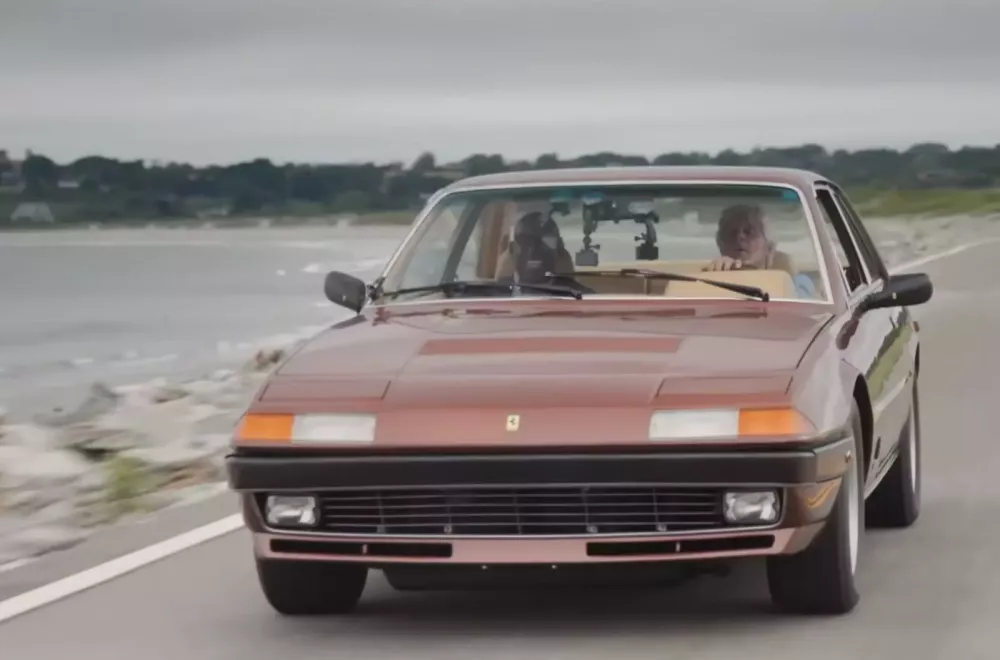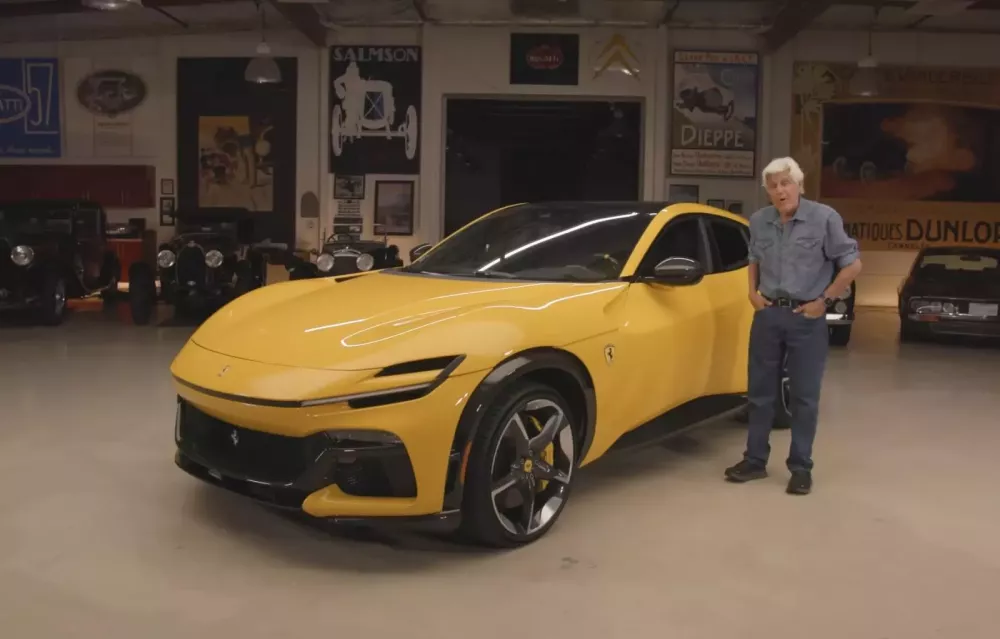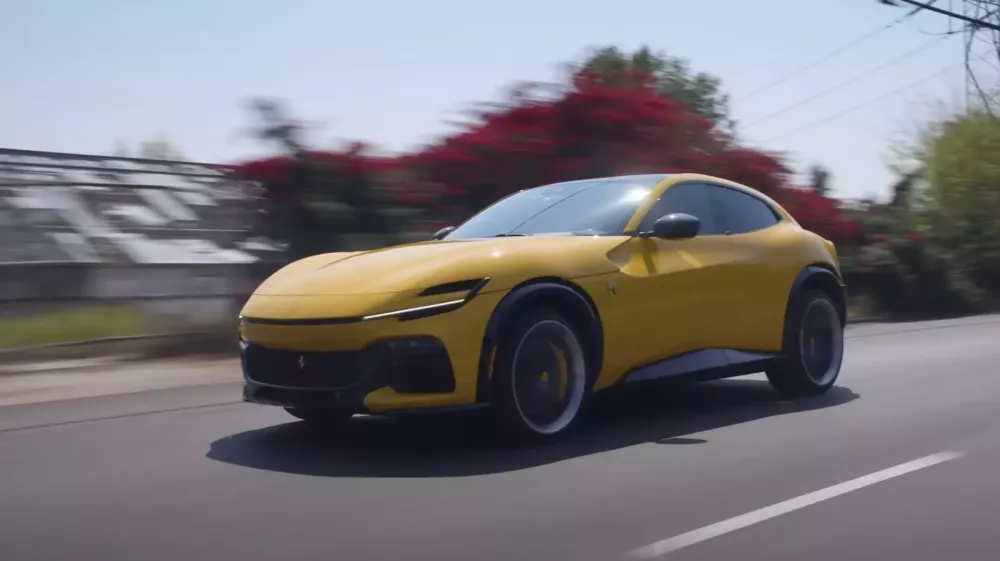Jay Leno, a renowned car enthusiast, boasts an impressive collection of over 300 vehicles, ranging from rare classics to cutting-edge supercars, transforming his garage into a living museum of automotive history. Notably absent from his collection, however, is the iconic Ferrari brand. Leno reveals that this omission is not due to performance, reliability, or design issues but rather the ownership experience.
Leno candidly explains that his aversion to Ferrari stems not from a lack of admiration for their engineering or design but from unpleasant experiences with the brand’s dealerships. He describes the purchasing process as overly stringent and exclusive.
Jay Leno Explains Why He’ll Never Buy a Ferrari: Poor Dealership Experience
Historically, Ferrari dealerships required prospective buyers to purchase multiple lower-tier models to qualify for more prestigious vehicles. Leno recalls having to buy two Mondials just to acquire a GTO. This approach made him feel exploited rather than valued, ultimately deterring him from owning a Ferrari.
While he respects the cars themselves, he disapproves of a system that prioritizes exclusivity over customer satisfaction. Although Ferrari has since adjusted its sales strategies, Leno’s initial experiences left a lasting impression.

Leno’s experiences with other luxury brands, such as McLaren and Porsche, have been far more positive. He praises McLaren’s focus on practicality and customer care, citing a $20,000 savings by avoiding unnecessary racing brakes on his MP4-12C and receiving a free performance upgrade months later.
He also commends Porsche for their meticulous attention to detail and willingness to accommodate his preferences when purchasing a Carrera GT. These experiences highlight the contrast in how luxury car brands treat their customers and reinforce why Leno sees no need to pursue Ferrari.

Despite never owning a Ferrari, Leno frequently features them on his show, *Jay Leno’s Garage*. Models like the 400i, 250 GT California Spider, 812 GTS, and even the Purosangue have made appearances.
Through these features, Leno demonstrates his genuine appreciation for Ferrari’s design, craftsmanship, and performance. He enjoys driving, exploring their intricate engineering, and sharing these experiences with his audience, all without the commitment of ownership.

Leno’s perspective on Ferrari underscores a broader truth about luxury automobiles: even the most prestigious brands can lose potential customers if the purchasing experience feels inappropriately exclusive.
While Ferrari’s rarity and status appeal to many, Leno has shown that respect, fairness, and customer-centric service are as crucial as horsepower and design.














































